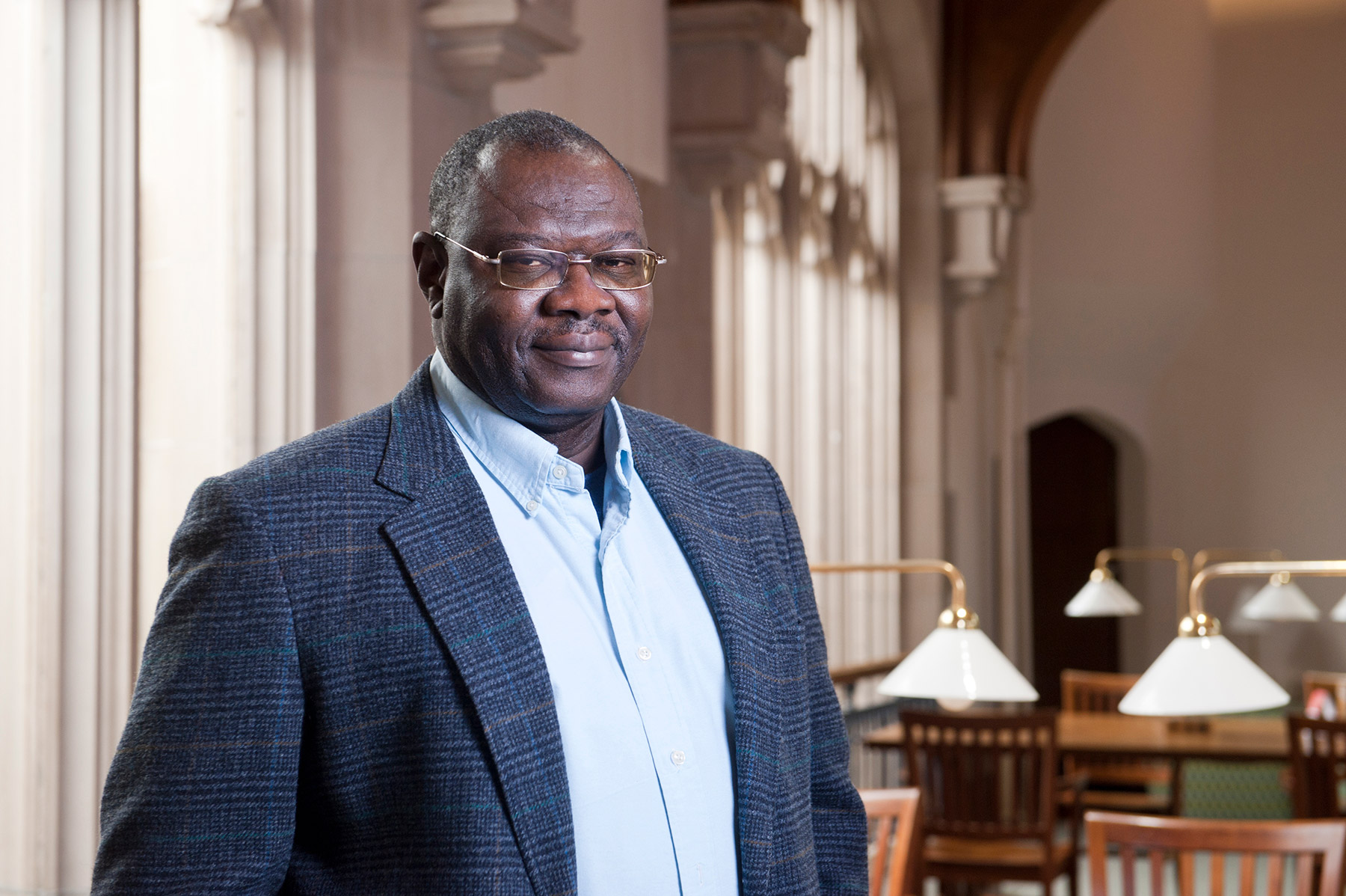Outside the ClassroomStudying Africa From The Inside OutEvery Spring and Summer This Professor Goes to the Source
Outside the ClassroomStudying Africa From The Inside OutEvery Spring and Summer This Professor Goes to the Source
Vassar students who enroll in courses taught by History Prof. Ismail Rashid can be confident his observations about youth, conflict, peacebuilding and other issues in Africa are fresh and insightful. Every spring break and summer, he returns to meet with researchers, political leaders and journalists there, and he mentors young scholars who are studying those issues.

Rashid, who grew up in Freetown, Sierra Leone, has been teaching at Vassar for two decades. This summer, he spent some time in Sierra Leone conducting archival and field research and launching his co-edited book on the recent West African Ebola epidemic. He also visited Rwanda, Liberia
Rashid also teaches about environmental and public health issues in his introductory international course, drawing on research he conducted for the Ebola book. He says the experiences and conversations he has in Africa spur him to constantly update the material he uses in his courses. But he adds that mentoring young African graduate students and young faculty has its own reward. “The number of universities in Africa is exploding,” he said, “but the challenge with this rapid growth is maintaining quality. Hopefully, my modest contribution helps with responding to this challenge. Over the last decade, I’ve mentored about 50 graduate students and 15 young faculty members.”
Rashid says watching his mentees in Africa learn their craft is as enjoyable as observing his Vassar students grow from “tentative first-year students to accomplished seniors who are confident about their place in the world.”
“It’s meaningful and rewarding work,” he continues, “both what I do here throughout the school year and what I do in Africa every spring break and summer.”